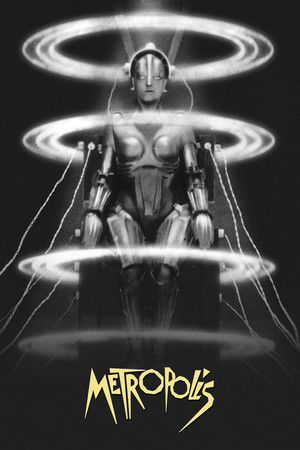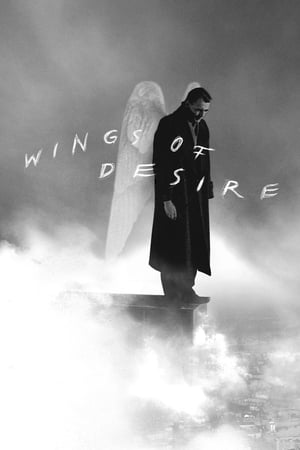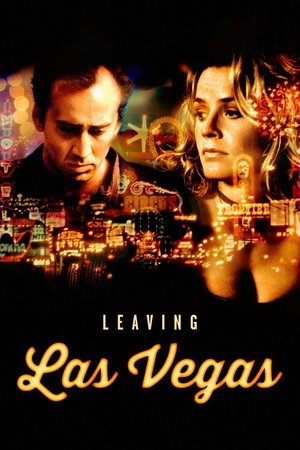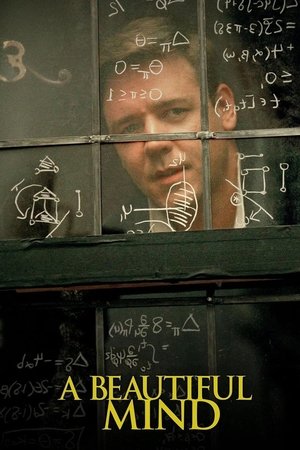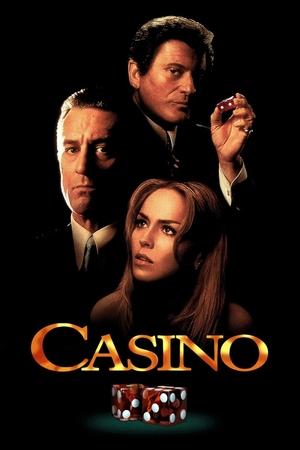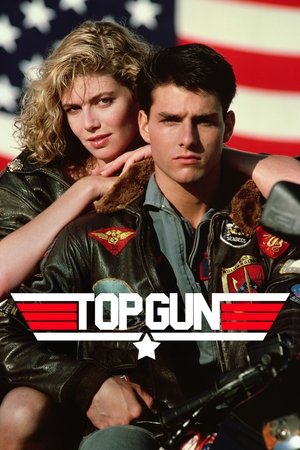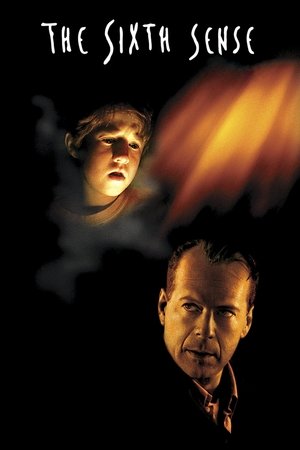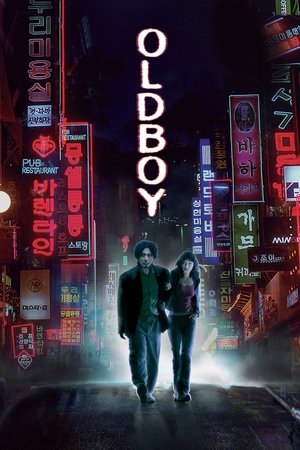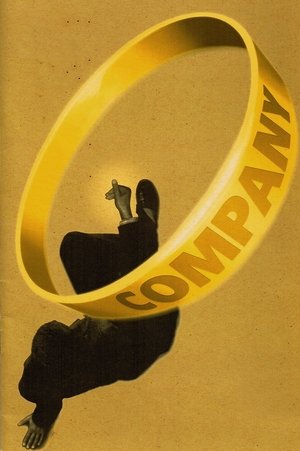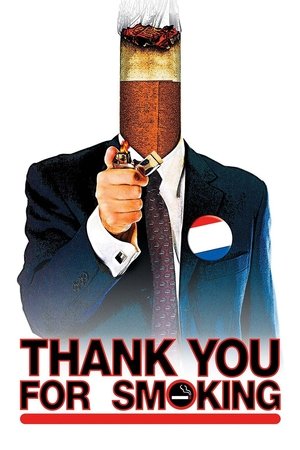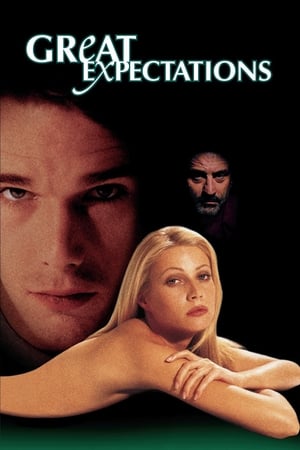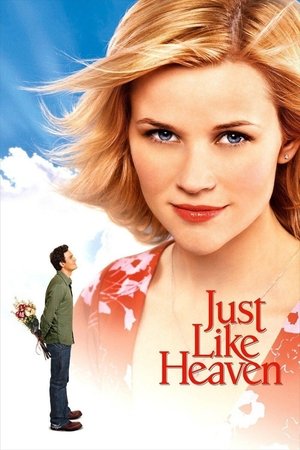If you enjoy reading my Spoiler-Free reviews, please follow my blog @
https://www.msbreviews.com
I’m not the greatest fan of inspirational sports dramas, but I also never disliked one. They all follow this storytelling formula that everyone recognizes, but it’s always successful. The protagonist is a miserable human being due to some tragic past. He gets another shot at life, usually an underdog situation, and he ultimately overcomes whatever challenge is thrown at him, including his addictions if he has any. Everyone lives “happily ever after”, and the viewer leaves the theater with a smile because that’s how it makes us feel.
It’s incredibly easy to root for an underdog trying to raise its level and to reach something it never believed in. In The Way Back, the basketball team is awful, but Jack teaches them not only how to play better, but how to be a better *team*. Then, it’s just like the synopsis: a win here and there gets everyone back on track, and it’s very entertaining to watch these young kids “grow up” in every possible way. As a sportsman myself, several little details help me enjoy this type of movies even more.
However, it’s a straightforward variation of the same cliche, predictable story… until one point. There’s one genuinely surprising development I didn’t see coming. I don’t know if it was due to my “defenses being down” or if Gavin O’Connor and Brad Ingelsby really did a great job at hiding it until the right moment, but it definitely worked.
The lack of character-building regarding the secondary ones is probably my biggest issue aside from the formulaic screenplay. There’s one young kid that still has some sort of an arc, but it never gets the deserved consideration. It’s a very protagonist-centered film, and there’s nothing truly wrong with that, especially when Ben Affleck delivers one of his career-best performances. I left him for last because I do believe the whole movie succeeds due to his impressively captivating display.
A lot of people talk about how Affleck’s own life and his past struggles with addiction make this a personal interpretation in the sense that he’s just portraying himself. Some people even diminished his performance by saying that “it’s easier to represent ourselves than a fictional character”, which I couldn’t disagree more. It’s an arduous task interpreting a version of our personality, let alone a very somber, sad part of it. It’s not only an enormous acting challenge but also a terrifying personal test.
I digress. Honestly, I couldn’t care less about Affleck’s personal life, or anyone’s for that matter. People should stop trying to bring external themes to reviews, it’s one of the first principles film critics learn (but have unfortunately forgotten with time). I don’t know if his experience with addiction helped him with his performance or not, but he looks incredibly committed to his role. He elevates his character, and he carries the whole movie on his shoulders. Brilliant, emotional, and very realistic interpretation of someone dealing with depression, frustration, anger, and an addiction issue.
All in all, The Way Back is an inspirational sports drama that follows the genre’s stereotypes and formulaic storytelling, but it’s still very successful in its execution. The secondary characters lack development, but there’s nothing wrong with a protagonist-centered story as long as the main actor delivers an exceptional display. Something Ben Affleck does in an emotionally powerful manner, delivering a genuine portrayal of someone with a tragic past and lots of personal issues. I believe it’s one of his career-best performances. Jack might follow every storyline that ever existed in this genre, but Ben Affleck is reason enough to give Gavin O’Connor’s flick a go.
Rating: B

 108 min
108 min
 6.64
6.64
 2020
2020
 USA
USA
 Manuel São Bento wrote:
Manuel São Bento wrote: